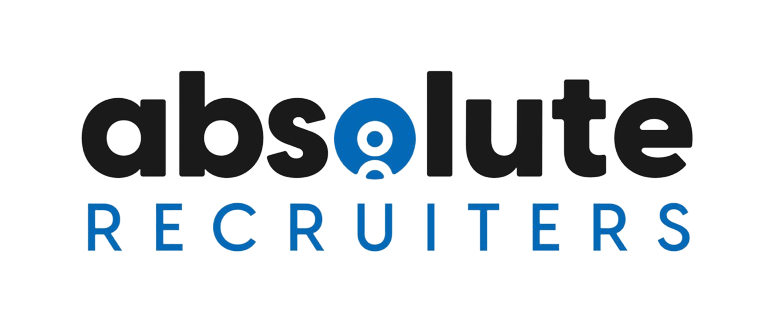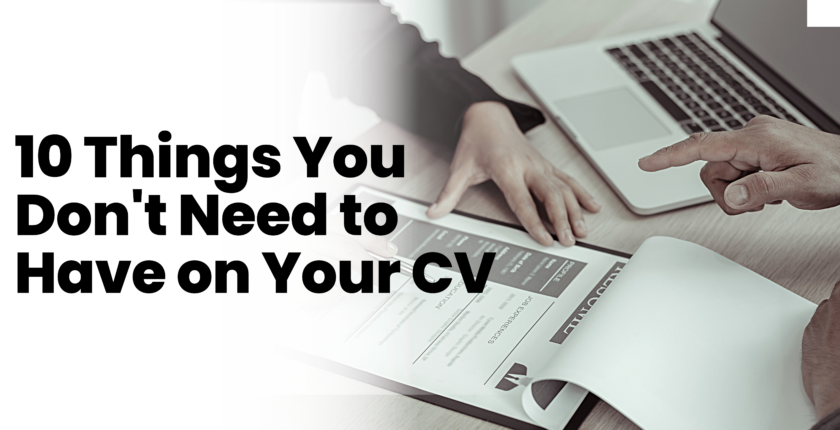10 Things You Don’t Need to Have on Your CV
10 Things You Don’t Need to Have on Your CV even if you are desperate to get a job.
Table of Contents:
I. Introduction
A. Importance of a CV
B. What is a CV
II. The 10 Things You Don’t Need to Have on Your CV
A. Your photo
B. Your physical address
C. Your date of birth and age
D. Your marital status and number of children
E. Your religion or political affiliation
F. Your hobbies and interests
G. Your irrelevant work experience
H. Your references
I. Your salary requirements or expectations
I. Introduction
A. Importance of a CV
A CV, or curriculum vitae, is an important tool that you use to showcase your professional experience, skills, and achievements to potential employers. It’s essentially your personal marketing document that you use to sell yourself and your abilities to the hiring manager. A well-crafted CV can help you stand out from the competition and increase your chances of getting hired for your dream job.
B. What is a CV
A CV is a comprehensive document that provides an overview of your professional background, education, and skills. It typically includes information such as your contact details, work experience, education, achievements, and skills. Your CV should be tailored to the specific job you are applying for and highlight the most relevant information to that particular position.
II. The 10 Things You Don’t Need to Have on Your CV
A. Your photo
In most countries, it is not necessary to include a photo on your CV. In fact, some hiring managers may find it distracting or even discriminatory. In some cases, a photo may even hurt your chances of getting hired, as the hiring manager may form a negative opinion based on your appearance. If you are asked to submit a photo with your CV, make sure it is a professional headshot that presents you in a positive light.
B. Your physical address
With the rise of remote work, it’s no longer necessary to include your physical address on your CV. Instead, you can simply include your email address and phone number. This will help protect your privacy and ensure that your personal information is not accessible to anyone who may misuse it.
C. Your date of birth and age
Your age is not relevant to your ability to perform the job, and it is illegal for an employer to discriminate against you based on your age. As such, it is not necessary to include your date of birth or age on your CV.
D. Your marital status and number of children
Your marital status and number of children have no bearing on your ability to perform the job and are not relevant to the hiring process. Including this information on your CV may also be seen as intrusive and may raise privacy concerns.
E. Your religion or political affiliation
Your religion or political affiliation is personal and has no bearing on your ability to perform the job. Including this information on your CV may also be seen as intrusive and may raise privacy concerns.
Related: How To Keep Your Job In Times Like This
F. Your hobbies and interests
While it’s important to show your personality in your CV, your hobbies and interests may not be relevant to the job you are applying for. Instead, focus on highlighting your professional skills and achievements.
G. Your irrelevant work experience
It’s important to include all of your relevant work experience on your CV, but it’s not necessary to include irrelevant experience. If you have worked in a completely different field, for example, it’s best to leave that experience off your CV
H. Your references
Employers will usually ask for references if they are interested in making a job offer. Until that time, there’s no need to include a list of references on your CV. If references are required, you can provide them at a later stage in the hiring process.
I. Your salary requirements or expectations
Salary information should not be included on your CV. This information is usually discussed later in the hiring process, and including it on your CV can limit your negotiating power.


